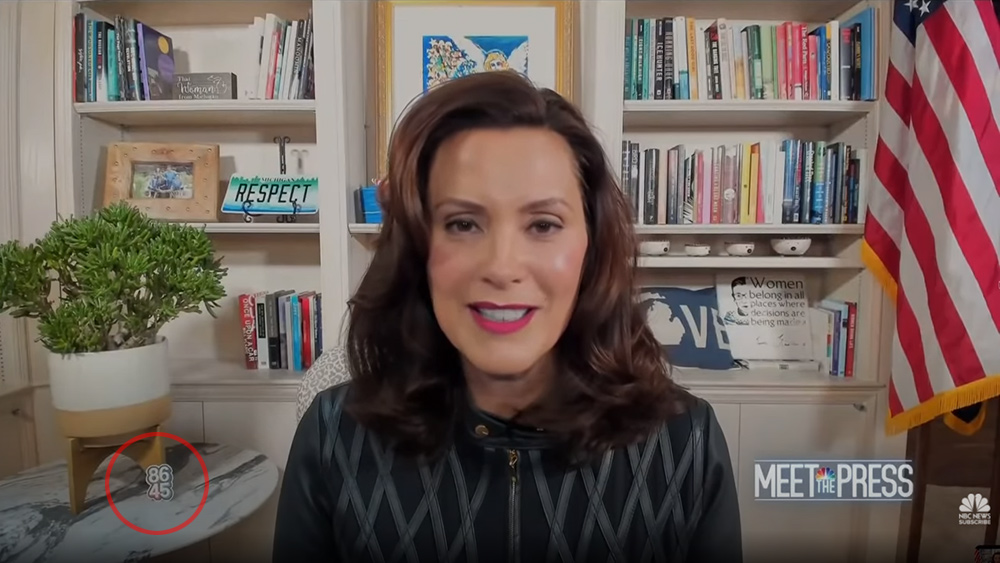 Parler
Parler Gab
Gab
Poilievre: Hate speech for Trudeau means "speech he hates"
In response to Moore's claims, the government argues that the bill aims to protect children from online harm. However, Conservative Party of Canada leader Pierre Poilievre stated that the federal government is only searching for clever ways to implement laws for internet censorship. In the House of Commons on Feb. 27, Poilievre opposed the Online Harms Act, stating that enforcing criminal laws, rather than censoring opinions, is crucial for protecting children online. Meanwhile, in a press conference, Poilievre questioned Trudeau's definition of "hate speech." "What does Justin Trudeau mean when he says the word 'hate speech?' He means speech he hates," he said. Two prominent Canadian civil liberties organizations, the Canadian Civil Liberties Association (CCLA) and the Canadian Constitution Foundation (CCF), are also against Bill C-63. The CCLA and CCF argue that the provisions in Bill C-63 that prevent hate speech are draconian, vaguely worded and could infringe upon constitutional rights. CCF Executive Director Joanna Baron expressed skepticism about the government's intentions. "Justice Minister Virani has tied these speech restrictions to defensible measures like removing images of child sexual exploitation material and revenge porn. But don't be fooled. Most of the bill is aimed at restricting freedom of expression. This heavy-handed bill needs to be severely pared down to comply with the constitution," Baron said. Visit SpeechPolice.news for more stories of government censorship of online speech. Watch this episode of "The Fascist New World Order Podcast" which touches on hate speech. This video is from the Puretrauma357 channel on Brighteon.com.More related stories:
European Union adopts resolution that criminalizes "hate speech" … which can mean almost anything.
"Hate speech" bill passes the Michigan House, conservatives warn it threatens First Amendment rights.
"Hate speech" censorship group partnered with White House funded by these 9 "dark money" sources.
Sources include: LifeSiteNews.com MSN.com Brighteon.comHackers target Change Healthcare, which handles 15 BILLION health records annually
By Ethan Huff // Share
Leaked audio PROVES FBI involvement in Gretchen Whitmer false flag “kidnapping plot”
By Ethan Huff // Share
TOP 10 reasons why proposed amendments to International Health Regulations are UNACCEPTABLE
By Ethan Huff // Share
Transgender pedophile arrested for production, distribution and possession of child pornography
By Laura Harris // Share
Governments continue to obscure COVID-19 vaccine data amid rising concerns over excess deaths
By patricklewis // Share
Tech giant Microsoft backs EXTINCTION with its support of carbon capture programs
By ramontomeydw // Share
Germany to resume arms exports to Israel despite repeated ceasefire violations
By isabelle // Share










